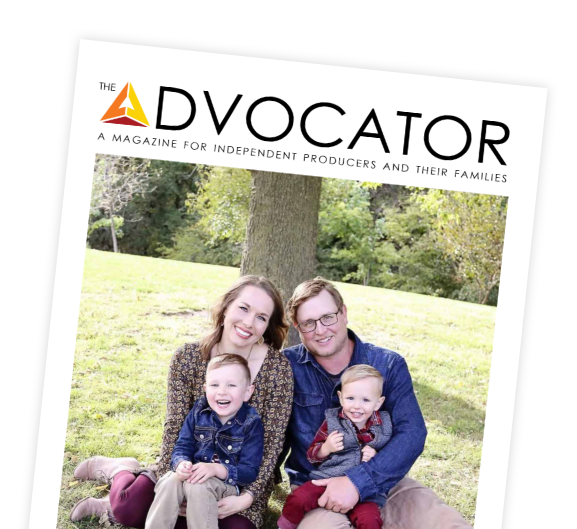Biosecurity is the first line of defense against disease in your flocks. Producers are likely well-aware that it is something that should be done every day, yet they may not recognize that there are definite benefits to revisiting current practices and making sure that corners haven’t been cut since the last time decisions were made. I like to use Avian Influenza Eve, or late winter to early spring, when I tune everything up so that it is fresh for the at-risk season.
History of travel is important and should be recorded, as well as ensuring that whenever we go to the farm we need to be in freshly laundered clothing and clean footwear. If the clothing is barn or site specific, then it need not be freshly laundered. Shower in/shower out facilities, Danish entry systems, as well as using footbaths or barn specific footwear are all good options to decrease the number of pathogens entering the barn space. Footbaths and barn specific boots are a great start to a program. Footbaths should either be a dry powder or should be changed after every use to ensure that they remain effective. It is of the utmost importance to ensure that whatever method that is implemented is followed.
I always recommend the Danish Entry procedure, which involves utilizing barn specific boots/coveralls/gloves/etc. The whole idea of this protocol is to keep the outside out and the inside in. Limiting the items allowed into the barn greatly reduces the risk that something from another farm can get in and contaminate the flock. It is the most cost-effective way to keep the birds safe. Considering downtime, it is best to have as much time as possible between visits. At the same time, over-night is likely sufficient, provided that the next person to enter the barn shows up freshly showered, in freshly laundered clothing, and has blown their nose to remove inhaled contaminants.
There are many different aspects of a biosecurity program, including the barn entry and downtime components listed this article. If you have any questions, feel free to ask your veterinarian or give the Sioux Nation Ag Center team a call.
